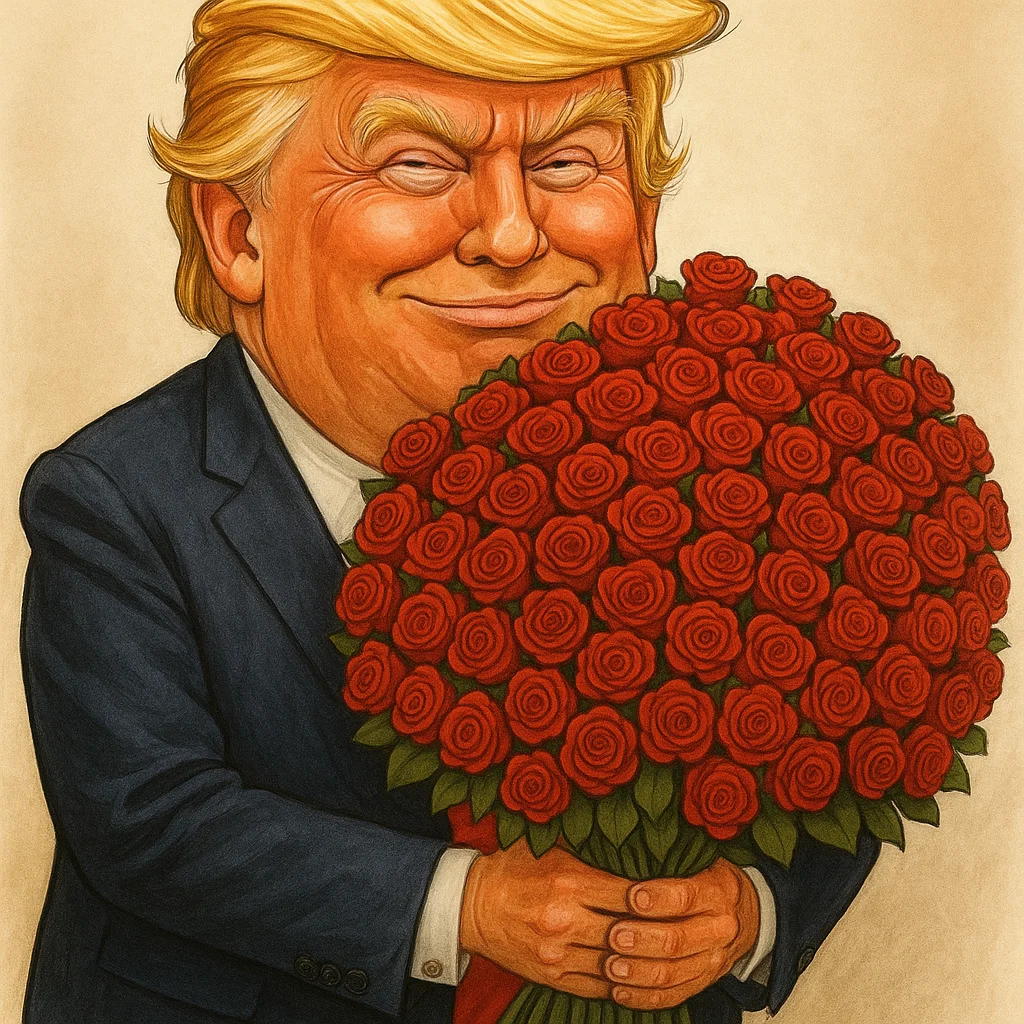Donald Trump has reportedly created a “scorecard” ranking over 500 U.S. companies and trade groups on how loyal they are to his administration. The list, first reported by Axios and summarized by Newsweek, measures how strongly businesses support Trump’s policies, especially his tax and spending plan nicknamed the “One Big Beautiful Bill” (OB3).
Companies earn higher scores if they publicly praise Trump’s policies through ads, press releases, social media posts, or by showing up at White House events. Those labeled as “good partners” include United Airlines, Delta Airlines, Uber, AT&T, Cisco, DoorDash, and trade groups like Airlines for America and the Steel Manufacturers Association.
Examples of this support include AT&T announcing faster fiber expansion because of Trump’s policies, and Airlines for America praising billions in new funding for air traffic control. Officials said the ranking system helps identify which companies actively help versus those that “just pay lip service.”

The scorecard is described as a “living document” that could expand to cover support for other Trump priorities. Companies seen as opposing his agenda—like clean energy firms critical of cuts to green incentives—are thought to rank lower, though the full list hasn’t been revealed.
Trump has also been clashing with major banks. He recently mocked Goldman Sachs CEO David Solomon on Truth Social, saying he should “stick to DJing” instead of running a bank. He also criticized JP Morgan Chase and Bank of America for refusing large deposits, later signing an executive order banning banks from discriminating against clients for political reasons.
Meanwhile, Trump is pressuring businesses to bring jobs back to the U.S. by offering tax relief to those that do and threatening tariffs on those that don’t. Some major companies have made big commitments: Apple CEO Tim Cook pledged $100 billion for U.S. manufacturing and even gave Trump a gold-based plaque, while Nvidia agreed to give the U.S. government part of its China revenue to restart exports there.
Trump has also promoted a separate “Trump effect” list, highlighting new U.S. investments in manufacturing and technology during his second term. The overall strategy shows his push to exert stronger control over corporate America through protectionist policies and direct deals.